Conclavoscope - Cardinal Jozef De Kesel
Cardinal Profile and Assessment
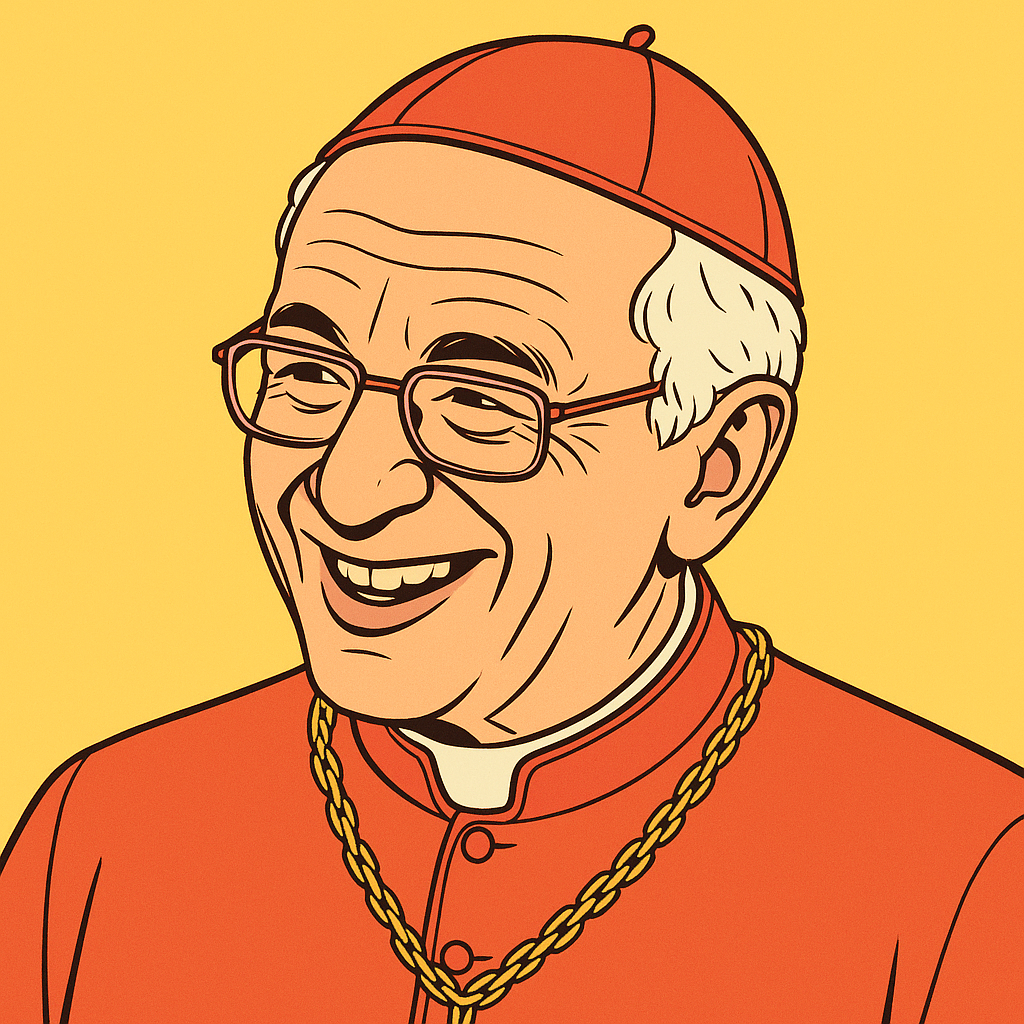
Belgian cardinal, Archbishop Emeritus of Mechelen-Brussels, known for his open pastoral approach and dialogue with secularized society, while seeking to maintain a Catholic identity.
| Criterion | Tendency |
|---|---|
| Moral doctrine | Progressive |
| Liturgy | Moderately progressive |
| Sociopolitical | Very progressive |
| Relationship with Pope Francis | Progressive |
| Dialogue | Moderately progressive |
| Communication | Moderately progressive |
| Overall tendency | Progressive |
Cardinal Jozef De Kesel has demonstrated a progressive approach to moral doctrine. He has publicly questioned the Church's stance on mandatory priestly celibacy, suggesting that those for whom celibacy is humanly impossible should also have the chance of becoming priests. Additionally, he has supported the blessing of same-sex unions, emphasizing that such blessings are not to be understood as recognizing a different form of marriage but rather as acknowledging the commitment and love between individuals. These positions indicate a willingness to engage with contemporary societal issues and adapt pastoral practices accordingly.
Cardinal De Kesel has shown openness to liturgical adaptation, particularly in the context of engaging with secular culture. He emphasizes the importance of the Church being present in a pluralistic society and sees secularization not as a threat but as an opportunity for the Church to rediscover the freedom of faith. While he respects traditional liturgy, his approach suggests a balance between tradition and contemporary relevance.
Cardinal De Kesel actively engages with sociopolitical issues, particularly emphasizing the Church's role in a secular and pluralistic society. He advocates for the Church to be a space of dialogue and encounter, addressing contemporary challenges with openness and compassion. His leadership reflects a commitment to social justice and the Church's mission in modern society.
Cardinal De Kesel is closely aligned with Pope Francis's vision for the Church. Appointed as Archbishop of Mechelen-Brussels by Pope Francis, he shares the Pope's emphasis on mercy, dialogue, and engagement with the modern world. His participation in Vatican dicasteries further indicates his support for the Pope's reformist agenda.
Cardinal De Kesel places significant importance on interreligious dialogue. He has been involved in initiatives that promote understanding and cooperation among different faith traditions, reflecting his commitment to fostering peaceful coexistence and mutual respect in a diverse society.
Known for his thoughtful and articulate communication style, Cardinal De Kesel effectively engages with both the faithful and the broader public. He addresses complex theological and societal issues with clarity and compassion, making him a respected voice within and beyond the Church.
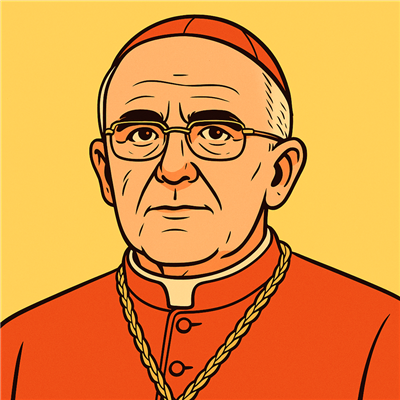
Spain
Spanish cardinal, Archbishop of Madrid, known for his moderate and conciliatory attitude, seeking balance between tradition and modern pastoral care.
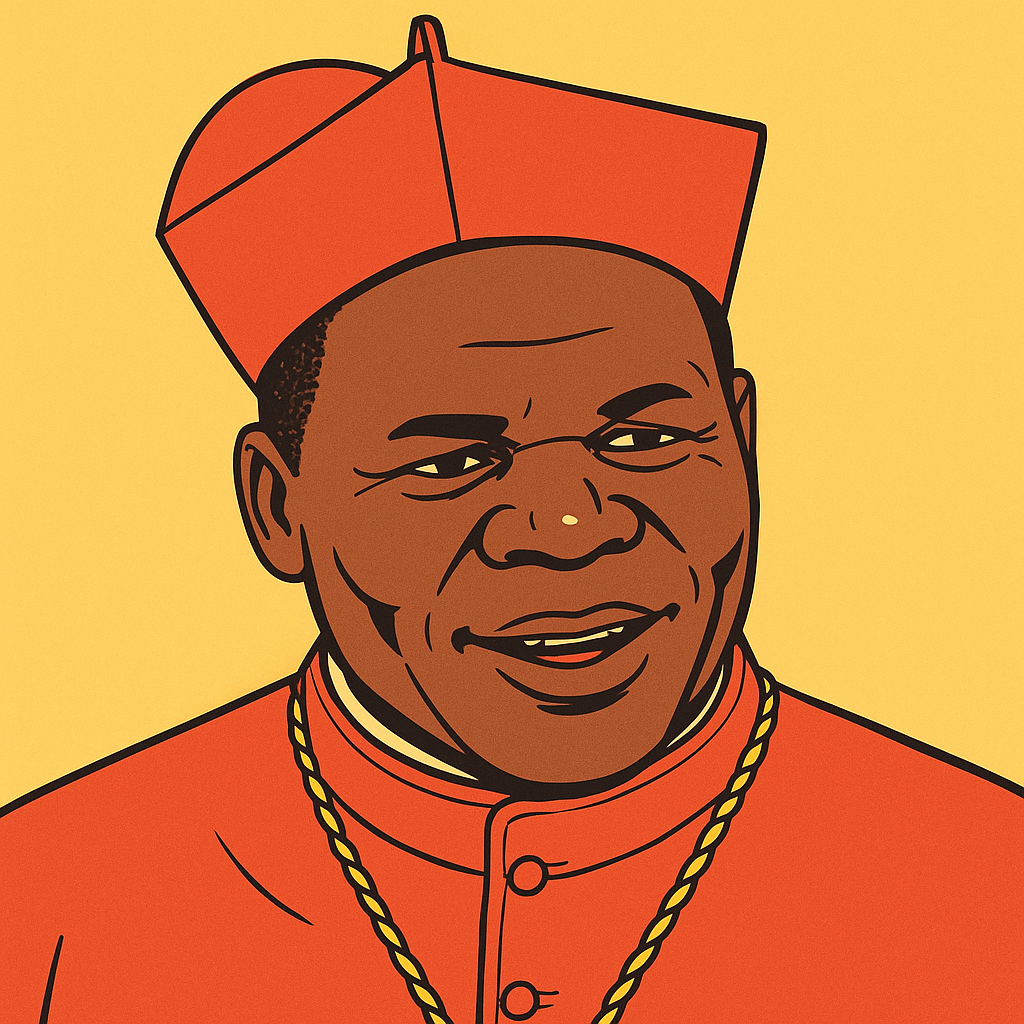
Central African Republic
Central African cardinal, known for his commitment to interreligious peace in a country torn by conflict, combining doctrinal tradition and openness to dialogue.
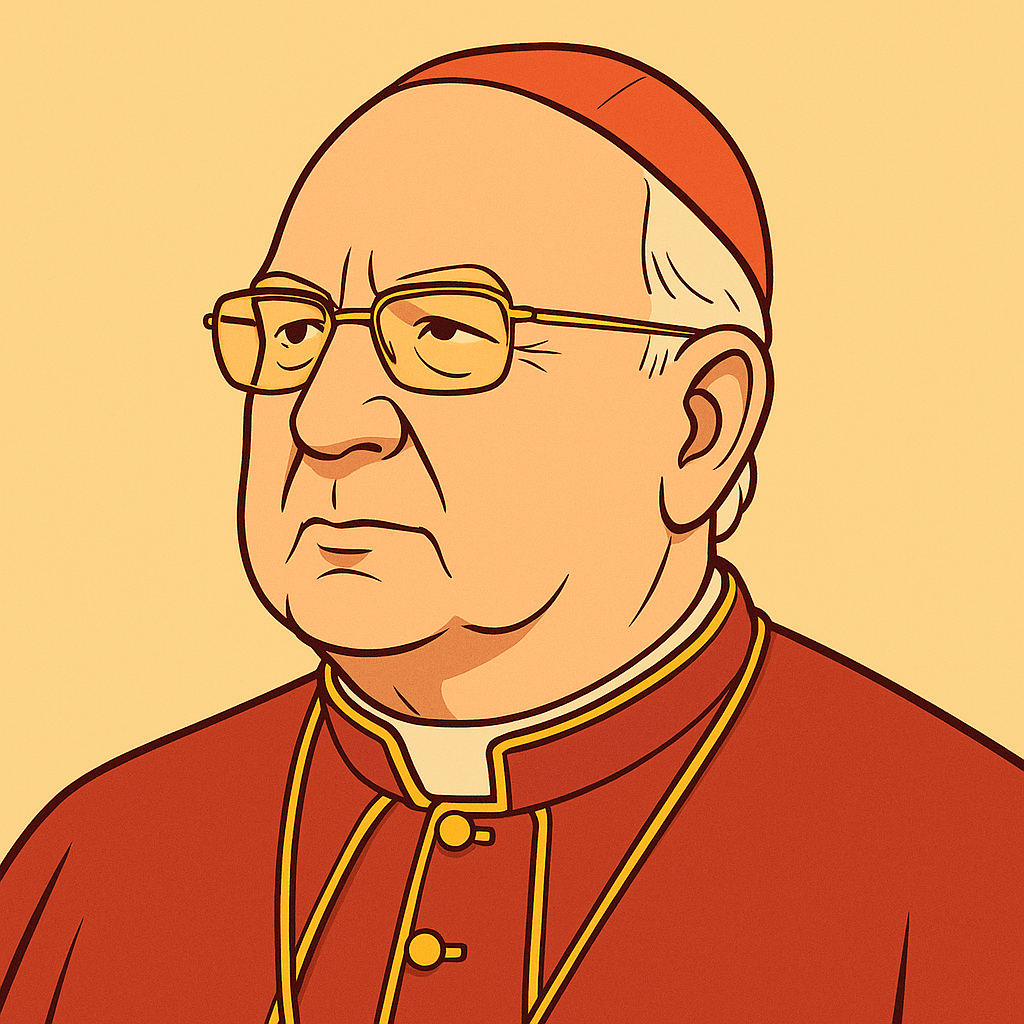
United States
American cardinal, Prefect of the Dicastery for Laity, Family and Life, known for his administrative experience and fidelity to Pope Francis' pastoral vision.
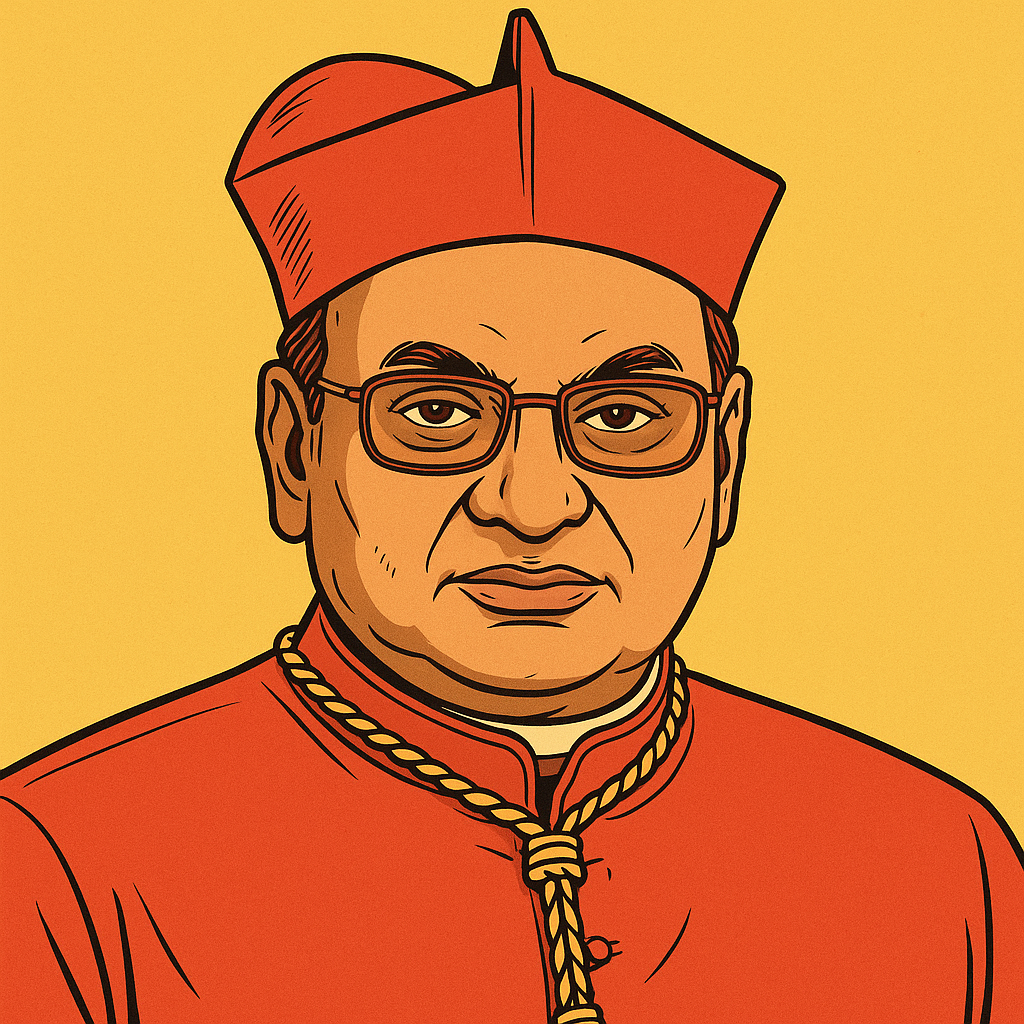
Sri Lanka
age: 78
Sri Lankan cardinal with strong traditionalist positions, known for his attachment to traditional liturgy and defense of Catholic doctrine.

Germany
age: 78
German cardinal, former prefect of the Congregation for the Doctrine of the Faith, known for his very conservative positions and vigorous defense of traditional doctrine.
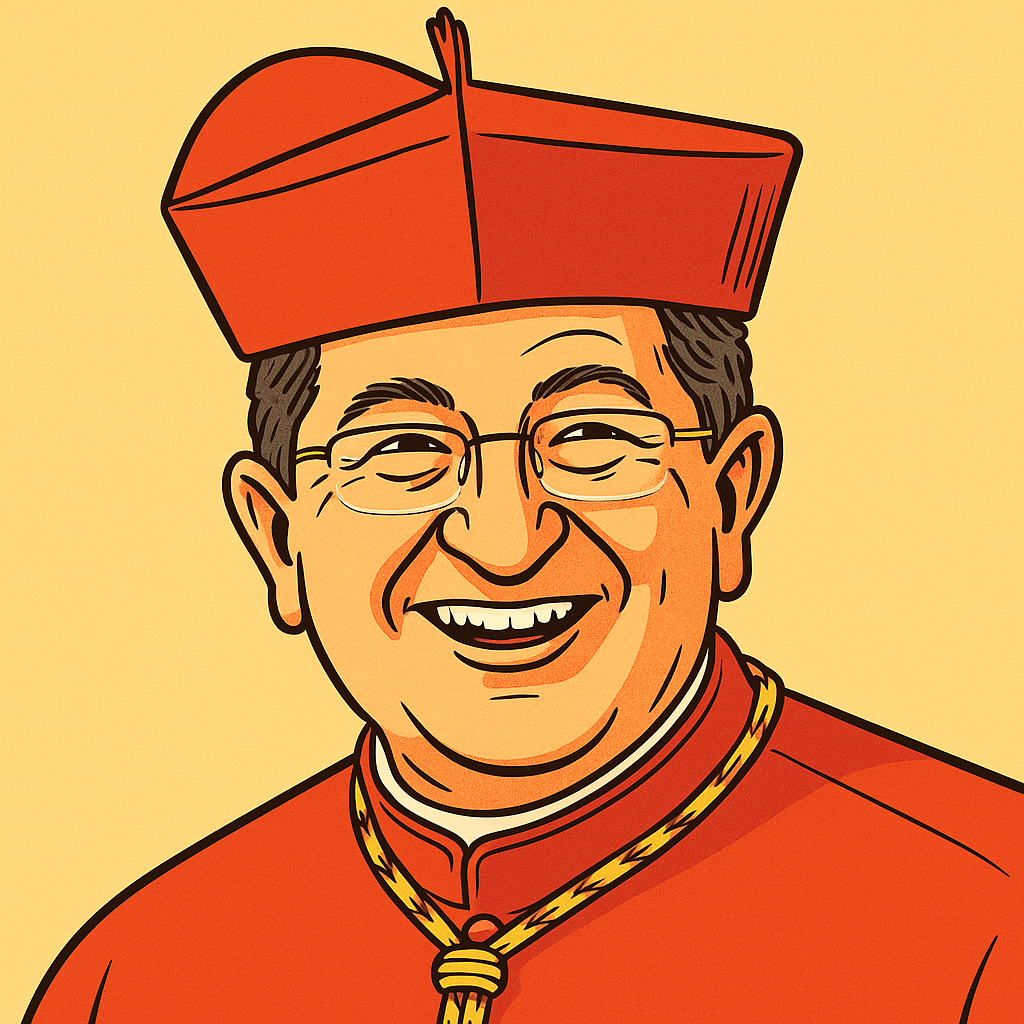
Italy
age: 78
Italian cardinal, Archbishop of Florence, known for his conservative doctrinal positions and intellectual work, while remaining engaged in pastoral dialogue.
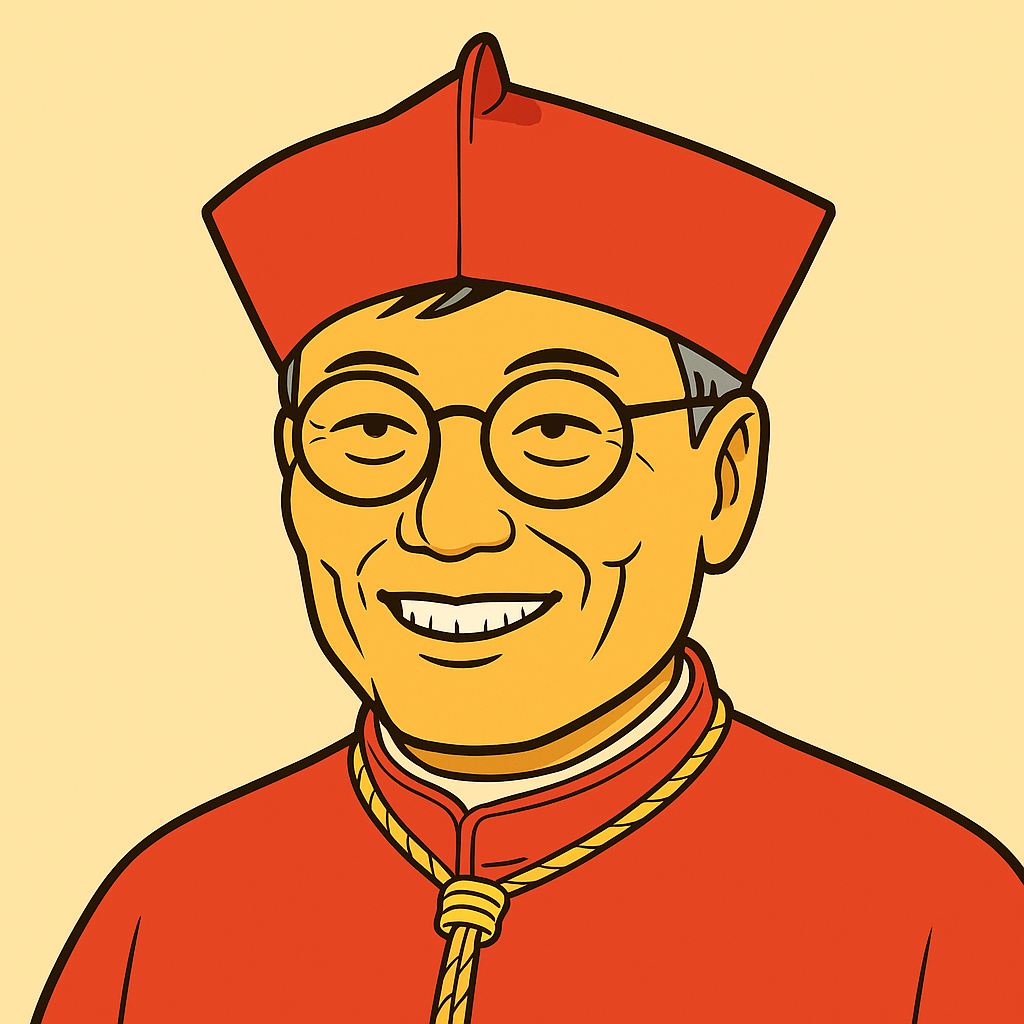
Hong Kong
Chinese cardinal, Bishop of Hong Kong, Jesuit, known for his prudent diplomatic navigation between Beijing and the Vatican, and his intellectual and open pastoral approach in a complex political context.
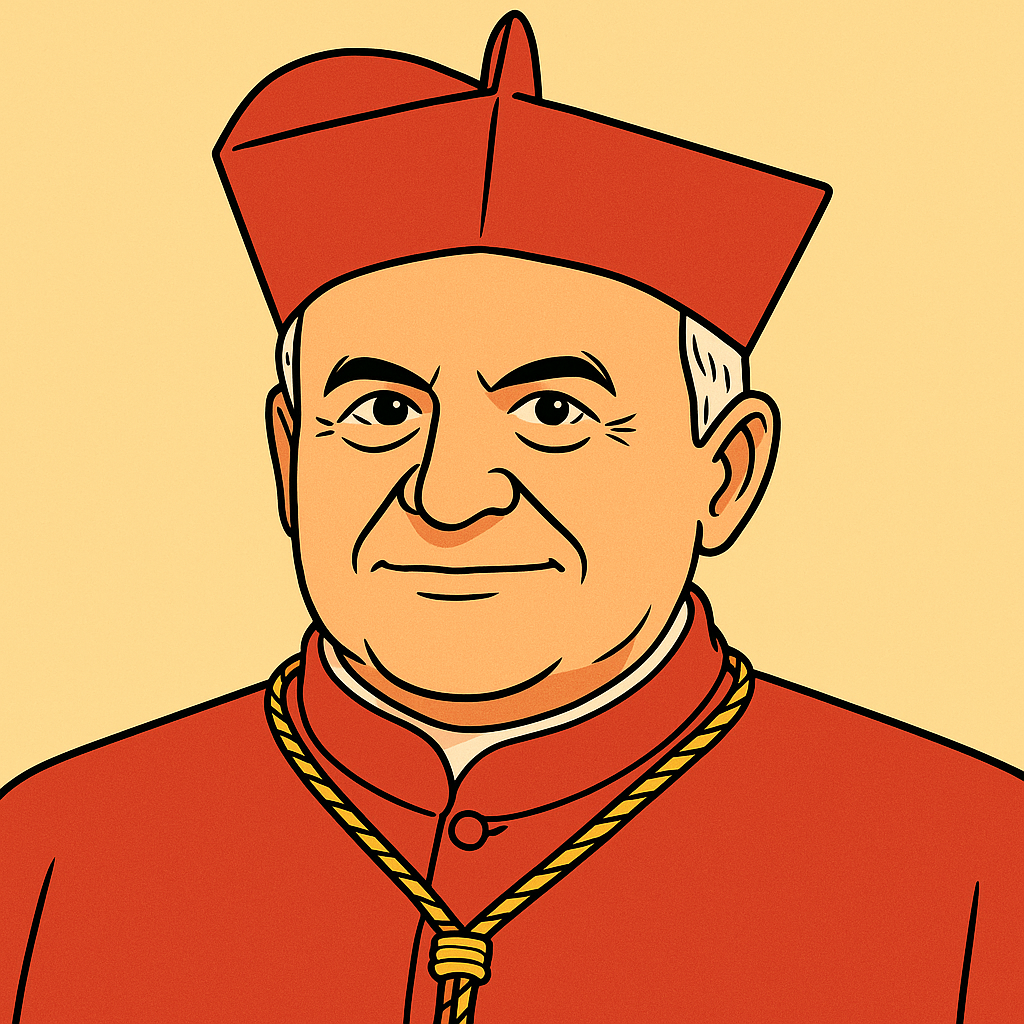
Serbia
Serbian cardinal, Archbishop of Belgrade, known for his pastoral work in a predominantly Orthodox context and his commitment to ecumenical dialogue in the Balkans.
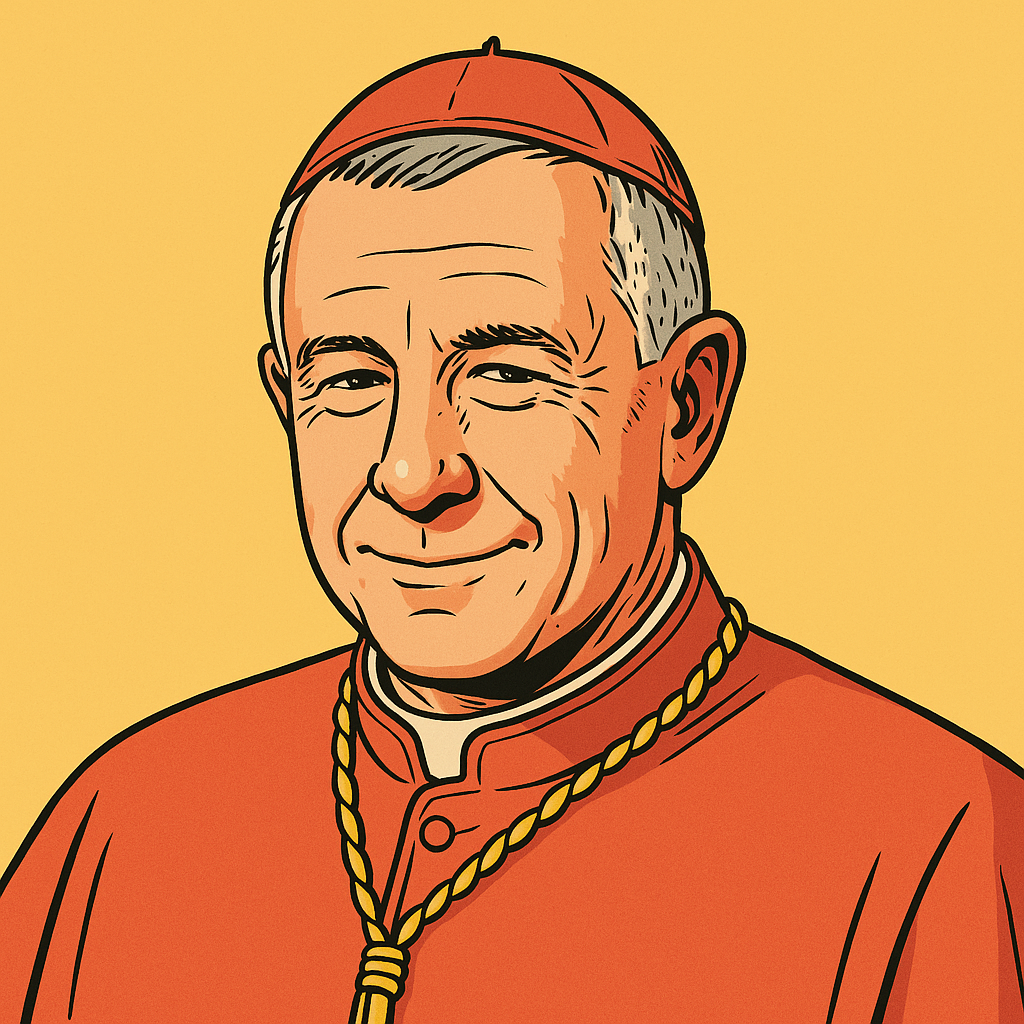
New Zealand
New Zealand cardinal, Archbishop of Wellington, known for his moderate pastoral approach and openness to dialogue, while maintaining balance with traditional teachings.

France
French cardinal, Archbishop of Marseille, known for his commitment to interreligious dialogue and his open pastoral approach in a multicultural city.
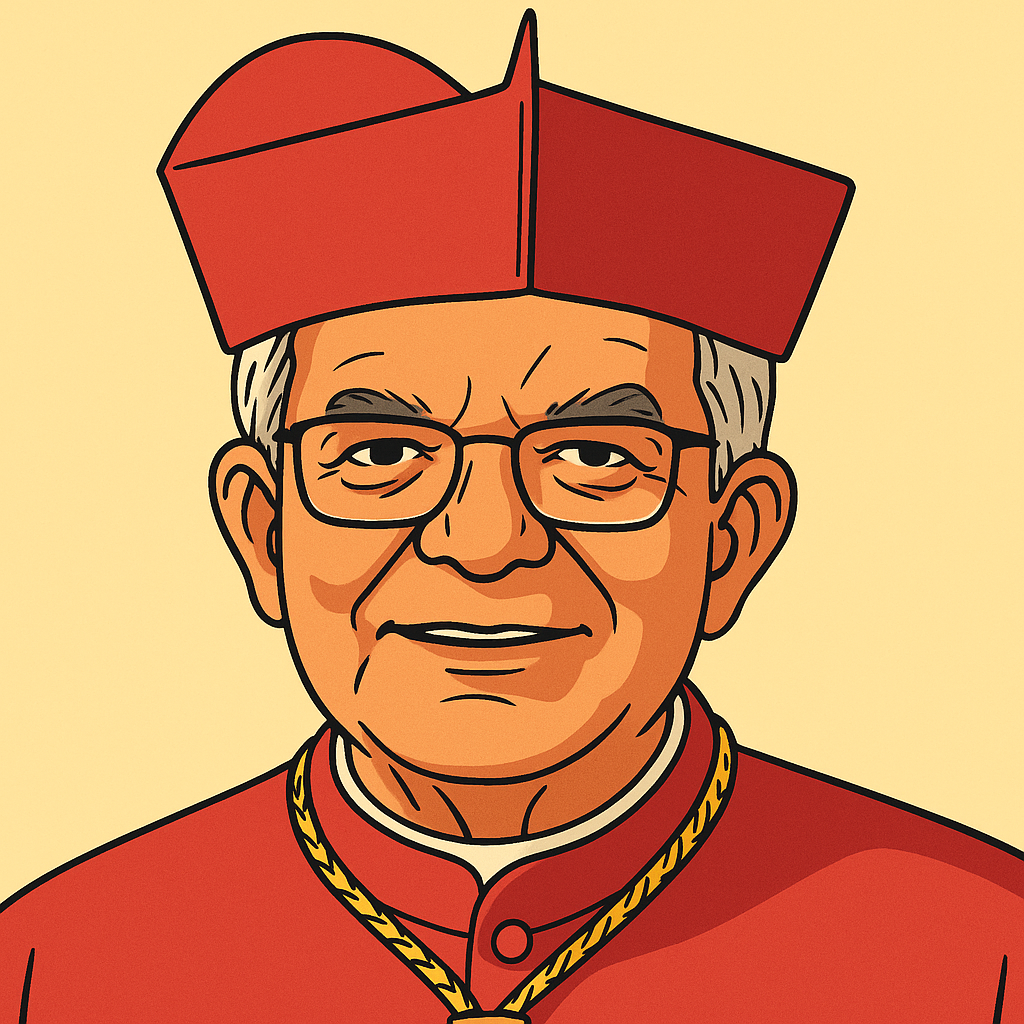
Paraguay
Paraguayan cardinal known for his pastoral commitment and moderate approach to social issues. The first cardinal in Paraguay's history.

South Africa
South African cardinal, Archbishop of Cape Town, known for his balanced leadership in post-apartheid South Africa and his pastoral work combining fidelity to doctrine and commitment to social justice.
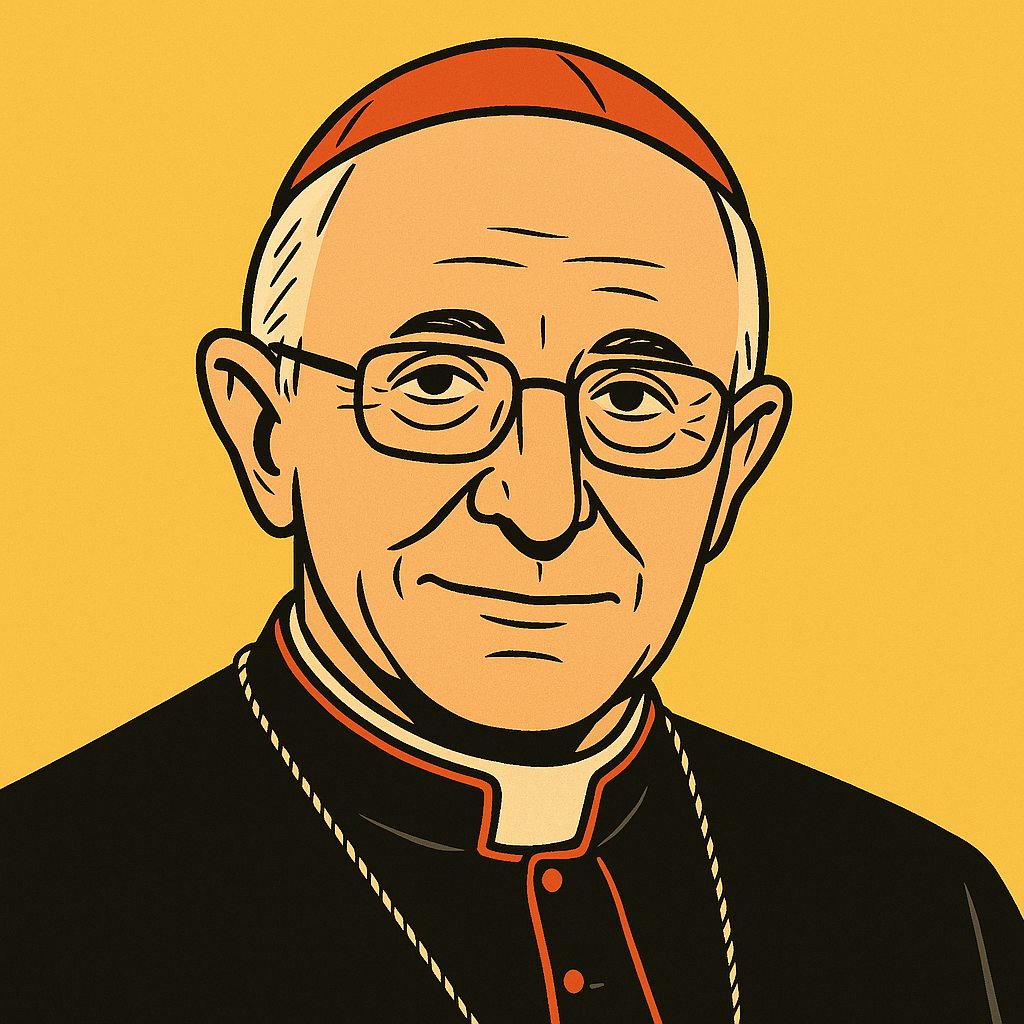
Italy
Italian cardinal, Grand Master of the Order of the Holy Sepulchre, former prefect of the Congregation for the Evangelization of Peoples, known for his missionary and diplomatic experience.
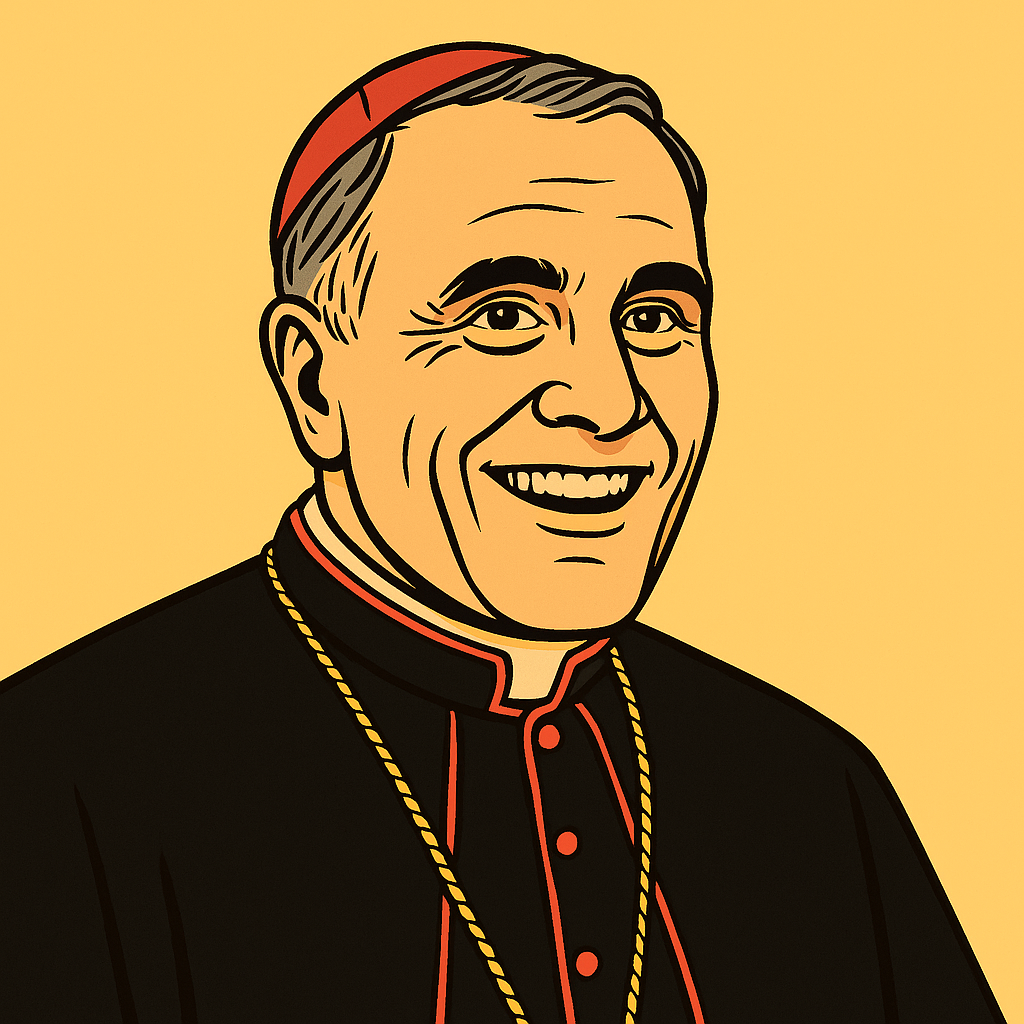
United States
American cardinal, known for his conservative positions on doctrine and liturgy, while seeking unity in a divided ecclesial context.
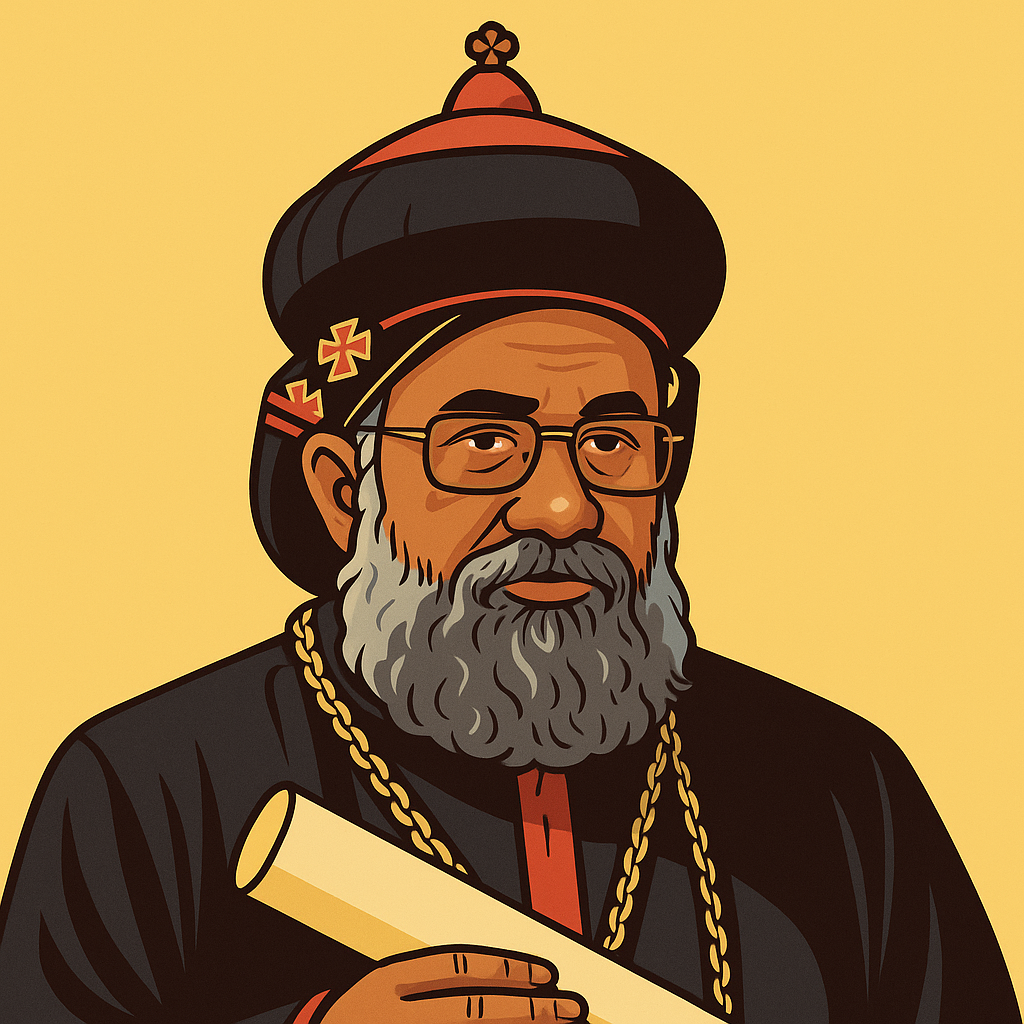
India
Indian cardinal of Syro-Malankara rite, known for his attachment to the Eastern traditions of the Church and his defense of traditional moral doctrine.
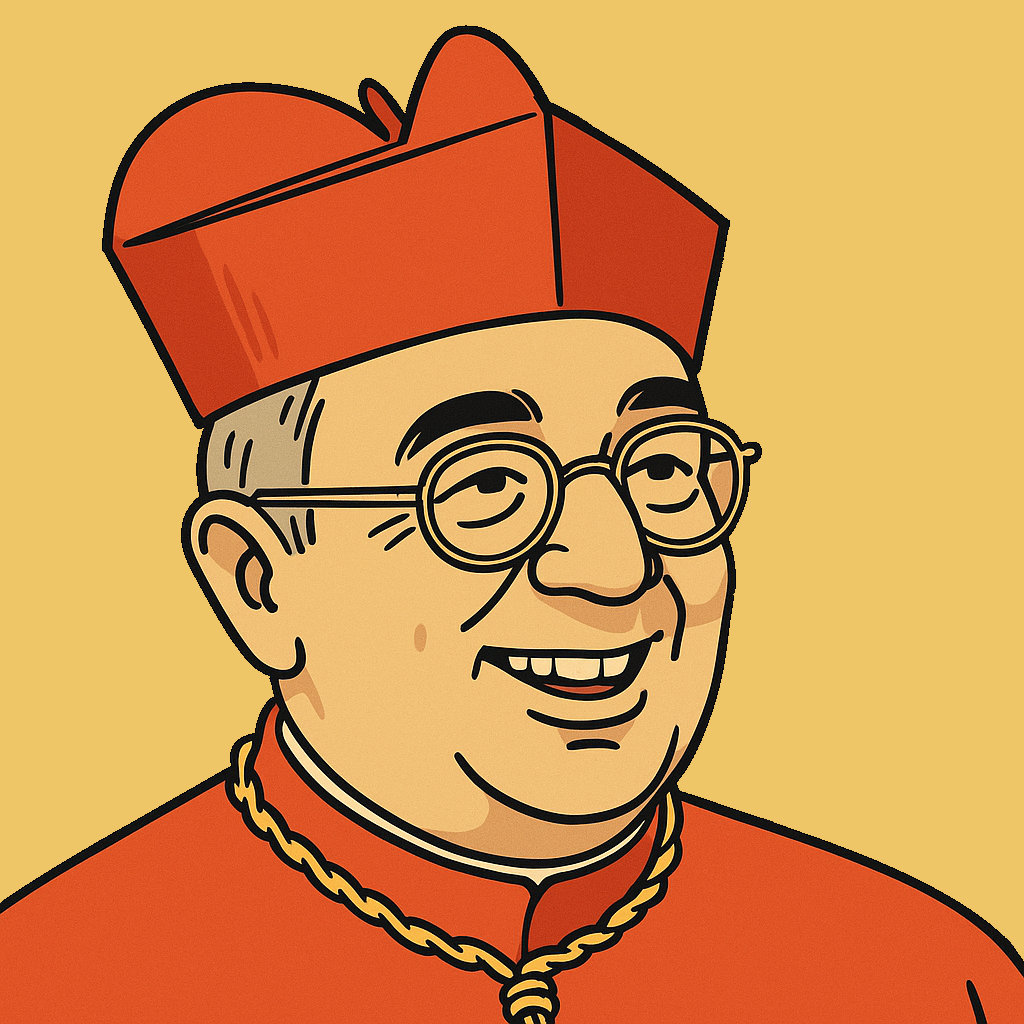
Italy
Italian cardinal, former vicar general of the pope for the diocese of Rome, known for his balance between liturgical tradition and moderate pastoral openness.
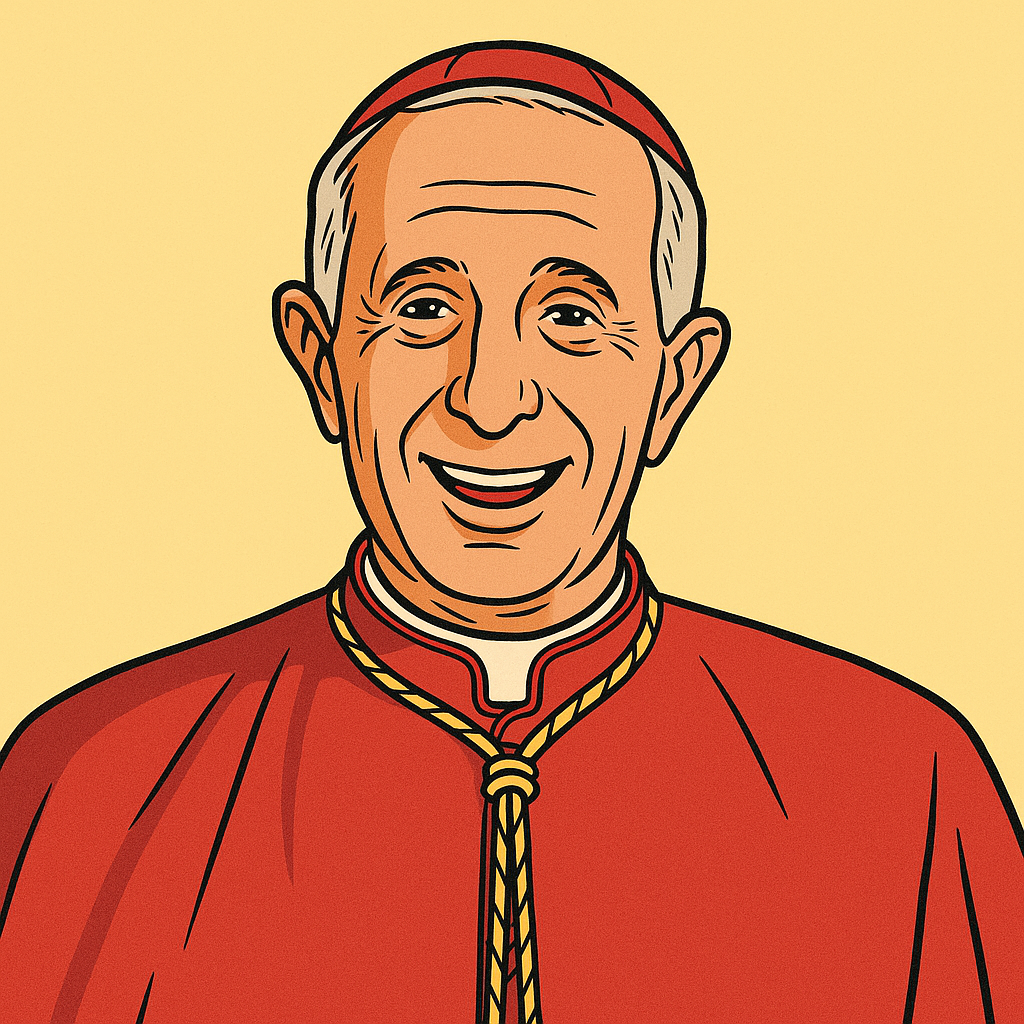
Argentina
Argentine cardinal, Archbishop Emeritus of Buenos Aires, successor of Pope Francis in this diocese, known for his discreet profile and balanced administration between tradition and renewal.
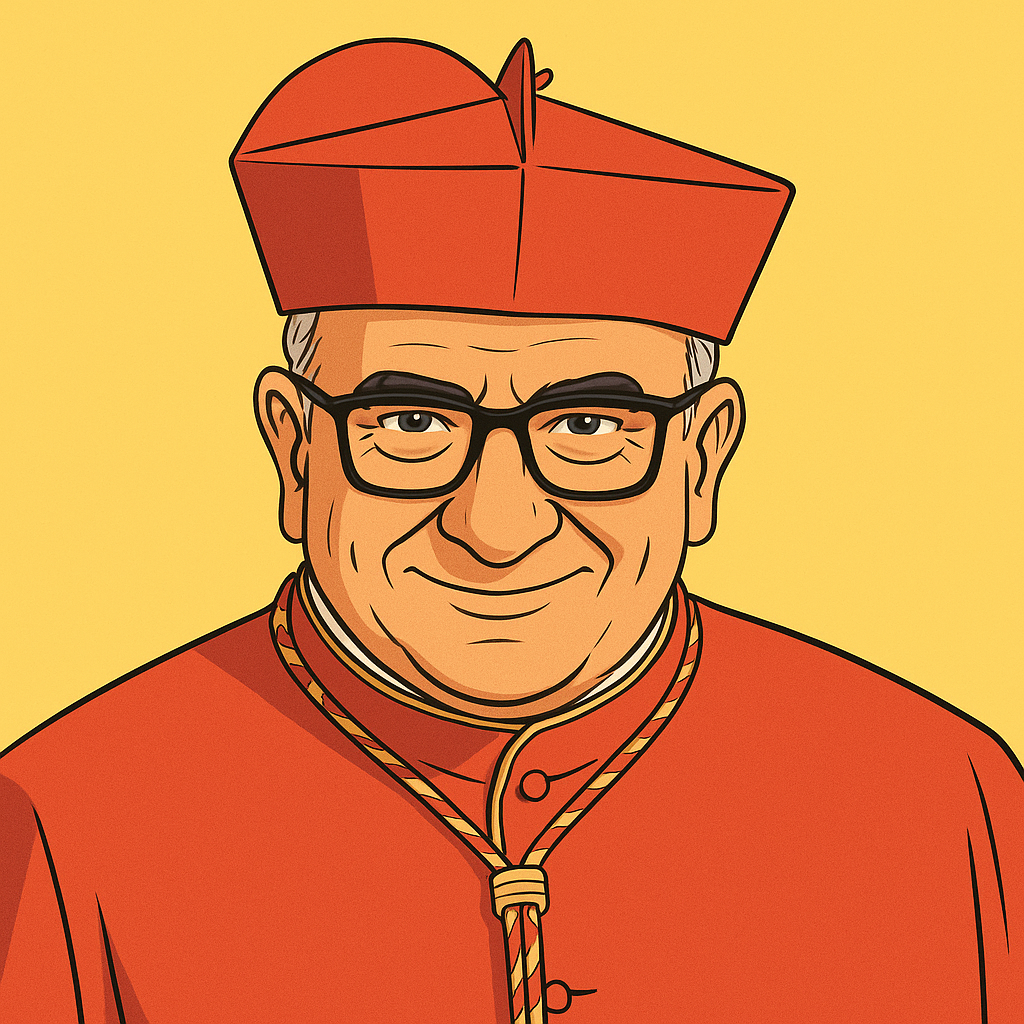
Chile
Chilean cardinal, Archbishop of Concepción, known for his conservative doctrinal positions and commitment to rebuilding trust after abuse scandals.
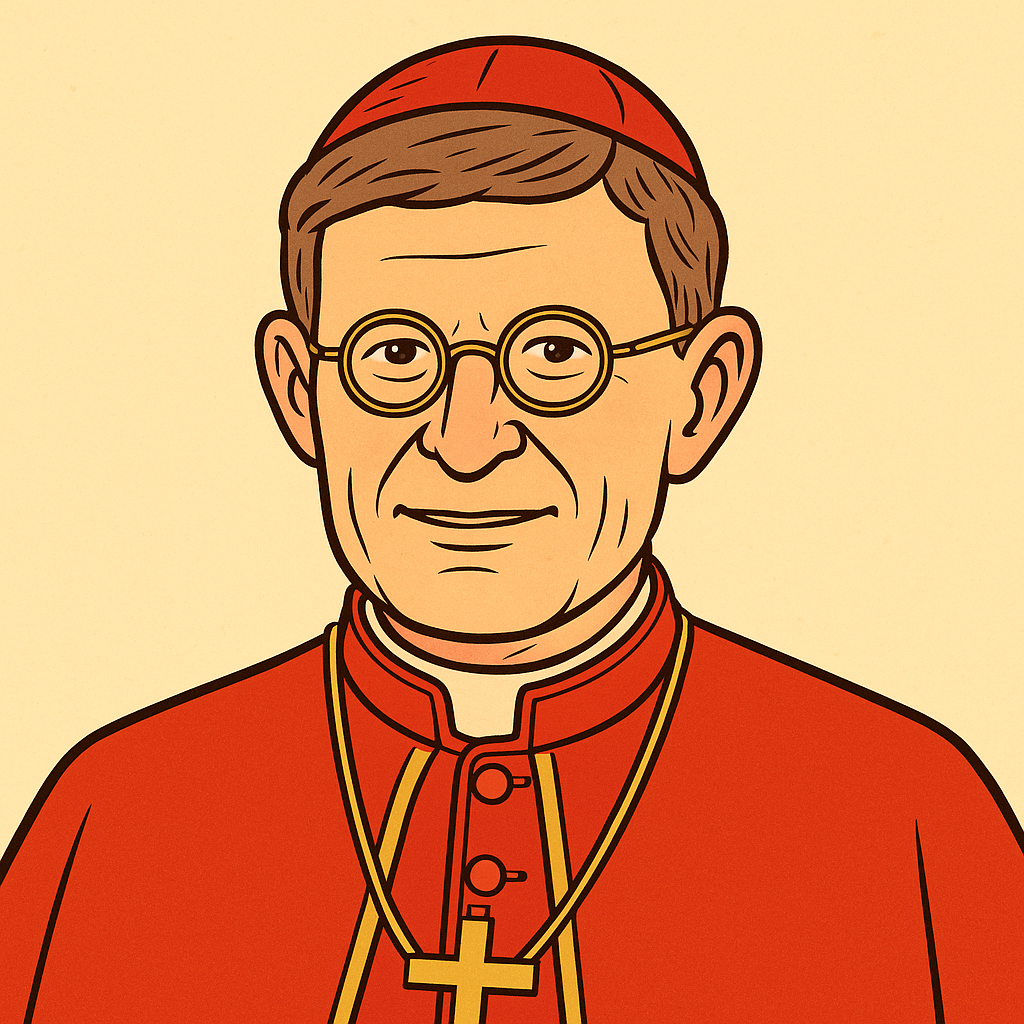
Germany
German cardinal, Archbishop of Cologne, known for his conservative positions and controversial leadership, particularly in handling sexual abuse and his opposition to certain reforms.

Myanmar
Burmese cardinal, the first from his country, known for his commitment to peace and reconciliation, combining respect for tradition and interreligious dialogue.
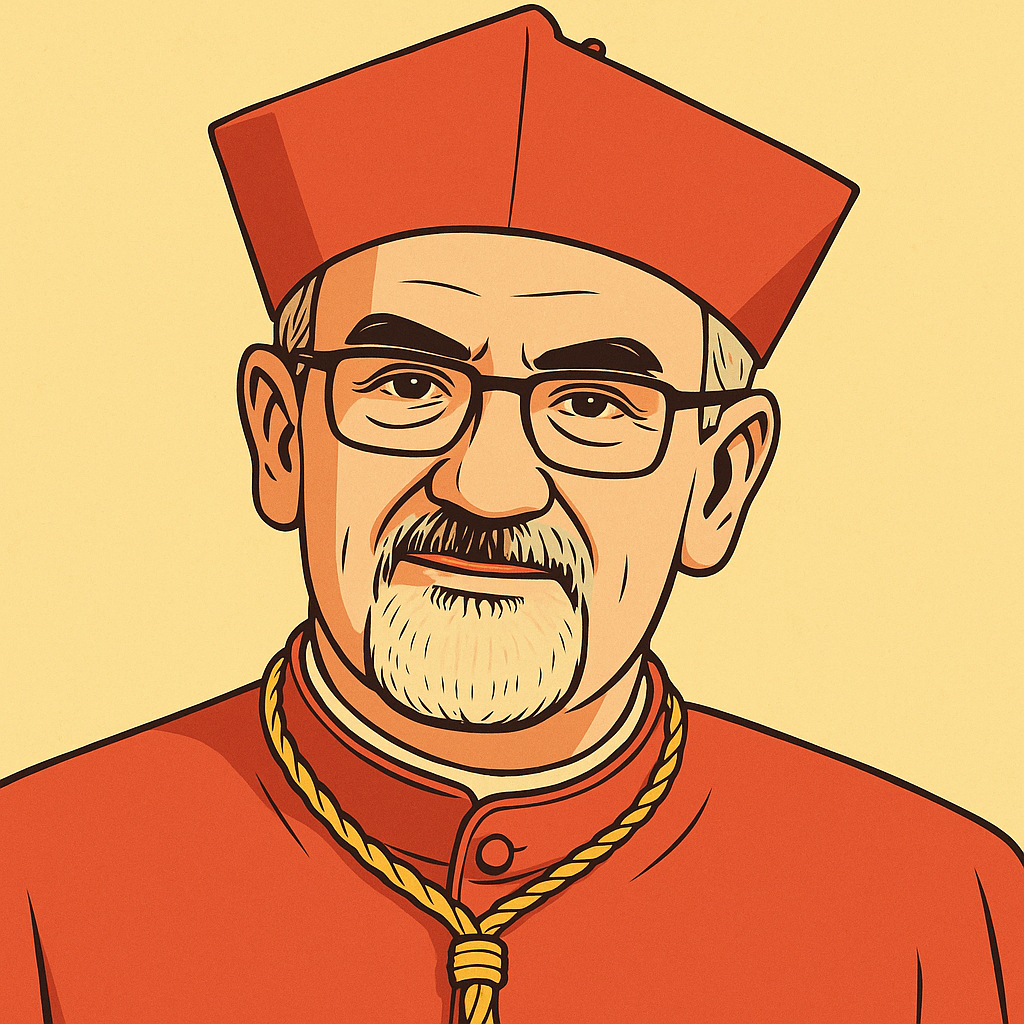
Israel
Italian cardinal, Latin Patriarch of Jerusalem, Franciscan, known for his expertise on the Middle East and his balanced leadership in a context of political and religious tensions.
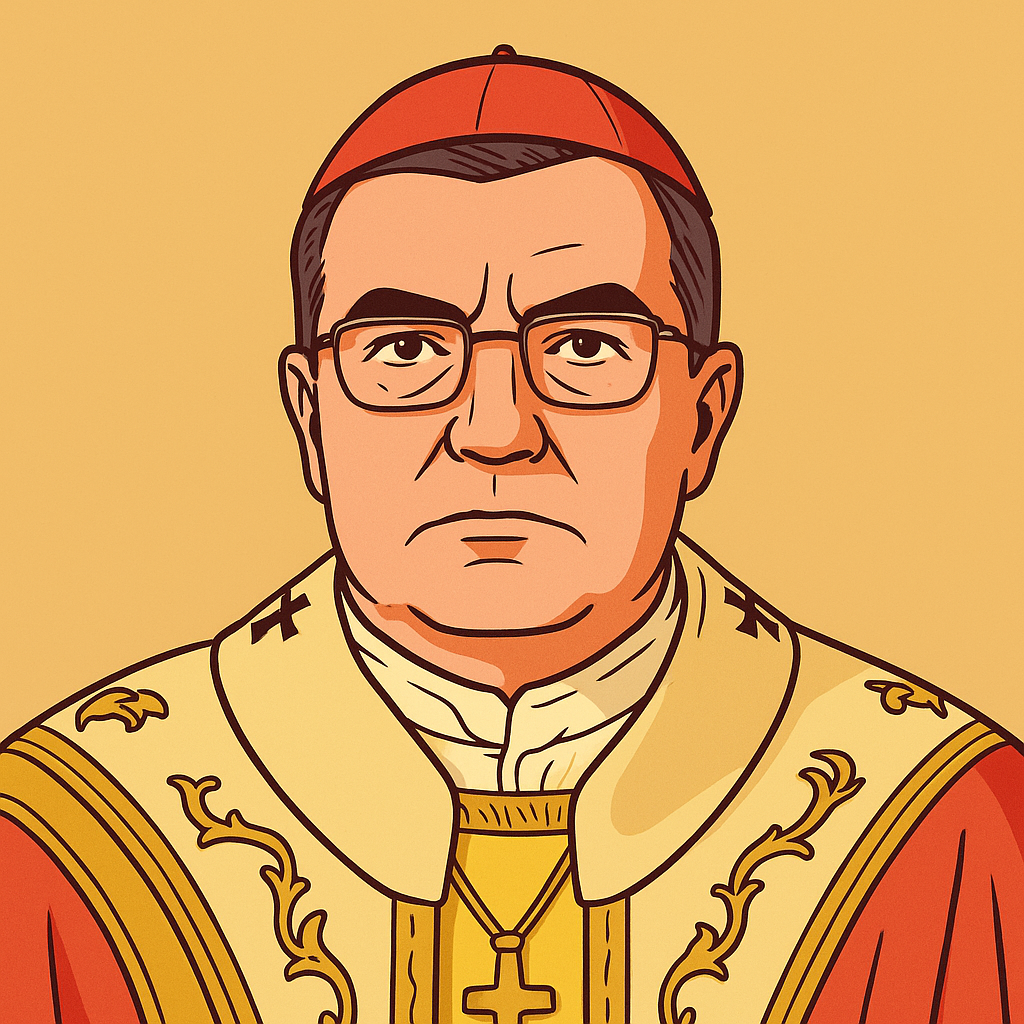
Croatia
Croatian cardinal, Archbishop of Zagreb, known for his conservative positions on moral issues and his commitment to traditional values in a post-communist context.
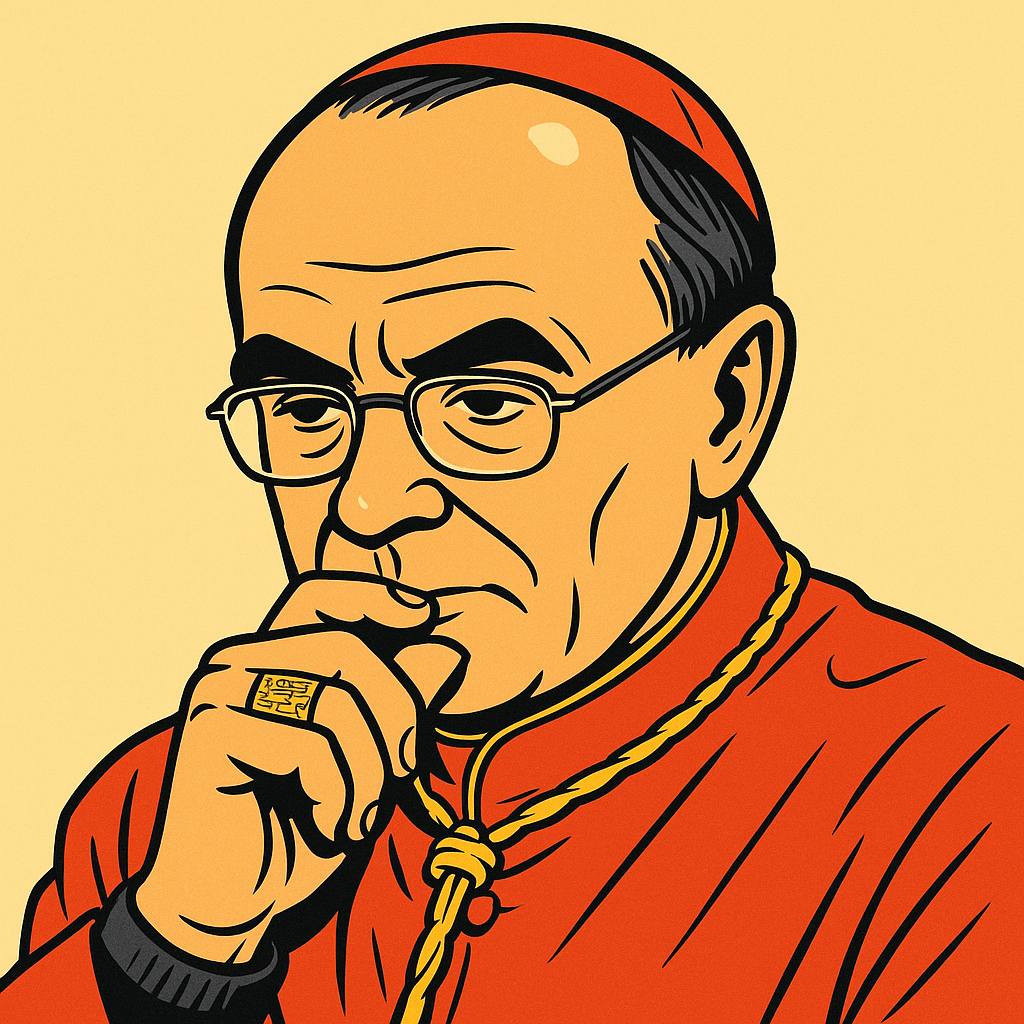
France
French cardinal, Archbishop Emeritus of Lyon, known for his missionary dynamism but whose career has been marked by controversy over the handling of sexual abuse in his diocese.

Italy
Italian cardinal, former vicar general of the pope for the diocese of Rome, known for his balance between liturgical tradition and moderate pastoral openness.